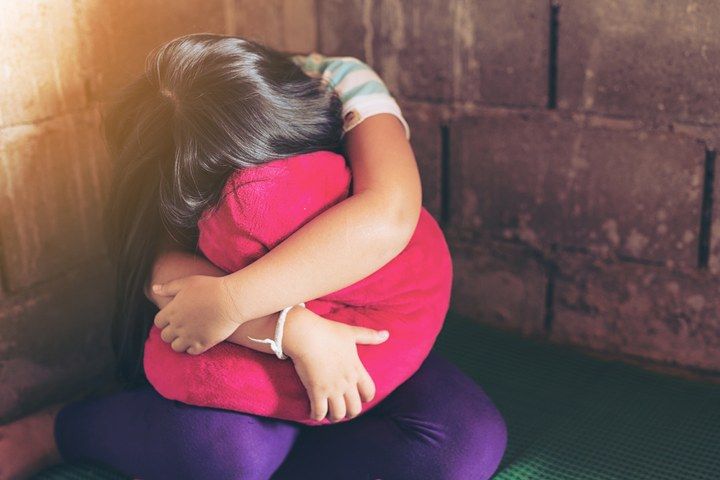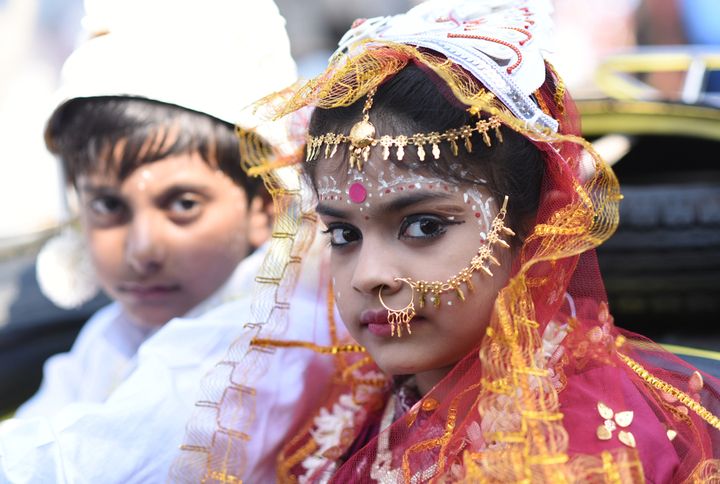The birth of a girl child is still not welcomed in many parts of the country. It is said that in India, a girl is discriminated against right from womb to tomb. There are chances she may face neglect when it comes to her health, well-being, education, and opportunities, due to her gender.
Since it’s National Girl Child Day in India on January 24, a day dedicated to conversations about the upliftment of the girl child, we reached out to Manasi Chaudhari, Founder of Pink Legal, to share her inputs on the legal rights that a girl child has in India. According to law, a girl child is any female below the age of 18 years. Scroll down to read the 10 basic legal rights available to girl children in India.
1. Right Against Female Foeticide
As female foeticide, that is, killing of a female foetus in the womb itself, rose to an all-time high, the government banned pre-natal sex determination. Therefore, one cannot find out the sex of their unborn child till birth.

2. Right To Education
The Right to Education Act, 2009, provides all children between the ages of six and 14 years the right to free and compulsory elementary education. Although this law is gender-neutral, it gives a push to the education of girl children, by giving them enhanced access to schooling.
3. Right To Be Raised In A Safe Environment
All children, including female children, have the right to be brought up in a safe and protected environment. The Juvenile Justice Act makes it illegal for parents and guardians of children to abuse, assault, neglect, or abandon a child.
4. Right Against Abusive Family Members
The Domestic Violence Act protects all females from any kind of physical, emotional, sexual, or financial abuse by family members. The protection extends to all family members with whom the female shares a house—including her own family like parents, siblings, uncles, aunts, etc. Therefore, this law protects female children from being abused at home.

5. Right To Stridhan
‘Stridhan‘ is the property of a female, both movable and immovable, which is her own. It can be a gift, inheritance, maintenance, or even her own earnings. Only she has rights over her ‘stridhan‘ and she can exclusively decide what she wants to do with it. This law applies only to Hindus.
6. Right To Inherit Property
Since 2005, Hindu women have equal rights as men to inherit property. Therefore, a girl can inherit the same amount of property as her brother. Inheritance can be through a Will or through succession (if the deceased person does not leave a Will, the property will pass on to legal heirs according to the law).
7. Right Against Child Marriage
the minimum age of marriage for girls is 18 years (and for boys, it’s 21 years). Any adult responsible for marrying a female child under the age of 18 can be punished by law. Interestingly, the Parliament is now looking to increase the marriageable age for girls to 21 years now (on par with boys).

8. Right Against Sexual Harassment
Sexual harassment broadly means any kind of unwelcome physical contact, sexual gestures, comments, sexual advances, requests for sexual favours, etc. by a man to a woman. Indian law protects all women from sexual harassment by men. By virtue of this law, every girl child in India is protected against sexual harassment.
9. Right Against Sexual Harassment At The Workplace
It is common for young girls these days to intern or work in offices, while they are still studying. The Prevention of Sexual Harassment at Workplace Act protects all female workers, whether they are full-time, part-time, consultants, or even interns, against any kind of sexual harassment at work.
10. Right to Abortion
A female child has the right to abortion to terminate an unwanted pregnancy. The Medical Termination of Pregnancy Act, 1971 permits a minor girl to have an abortion, with the written consent of her guardian. However, abortion is only permitted under special conditions like if the pregnancy is ‘likely to cause injury to the physical or mental health of the pregnant women’.
What would you like to know about the laws in India? Please share it with us in the comments below!
Join Girl Tribe By MissMalini on Facebook to be a part of more such conversations!

